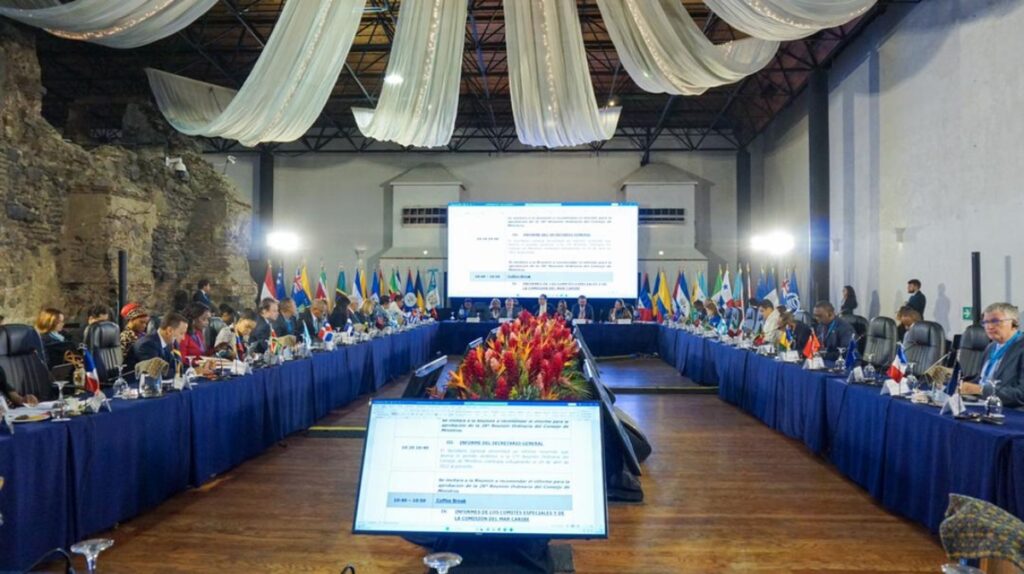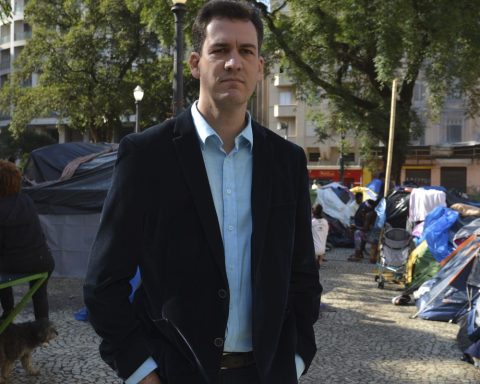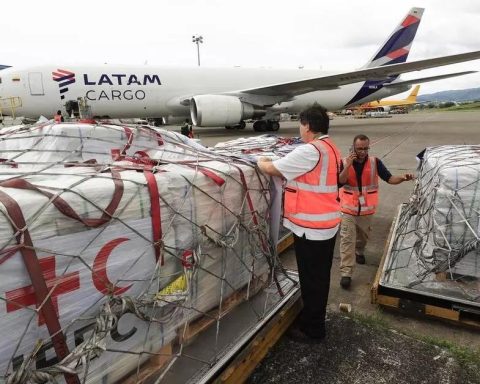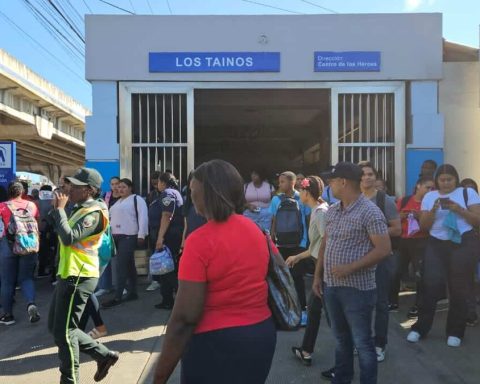
The former Minister of Housing, Irene Moreirapublicly defended himself against criticism for the various direct housing assignments that were carried out during his tenure at the head of the portfolio. Inside his party, the politician has rejected any accusation of wrongdoing and has stated that no-lot allocations have been a common practice during all previous administrations, regardless of the political party in power.
Political sources consulted by VTV News have reported that Moreira admitted having awarded four homes through direct awards. The most recent of them was released by the newspaper The country last Wednesday. In this particular case, the ex-hierarch argued that the recipient was a woman who worked for a National Party legislator when she got pregnant and was fired. Due to the difficult situation in which she found herself, she hired her as a domestic employee and, years later, gave her the house in question.
Regarding the previous assignment, which was the origin of the controversy and the request for resignation, Moreira maintained that the woman did not earn $42,000 and that it was not true that she rented a house in the coastal area of the capital.
The former minister has not had contact with President Luis Lacalle Pou since her resignation was requested due to the controversial awards. Furthermore, she indicated that she currently has no intention of communicating with him in the near future.
Moreira and the controversy over the granting of homes “by finger”
At present, the granting of housing through direct assignments no draw It is a controversial issue in Uruguayan society. Although former minister Moreira defends that this practice has been used for years, many citizens consider it illegal and immoral.
According to experts in the field, the direct allocation of homes without a lottery is allowed by current regulations, as long as certain requirements are met. One of them is that the winning bidder is a person in a vulnerable situation or who cannot access a home through the usual mechanisms.
In this sense, former minister Moreira has argued that the direct assignments she made met these requirements and, therefore, were completely legal. However, the controversy surrounding this issue is still latent and has generated a strong discussion in Uruguayan society.

















